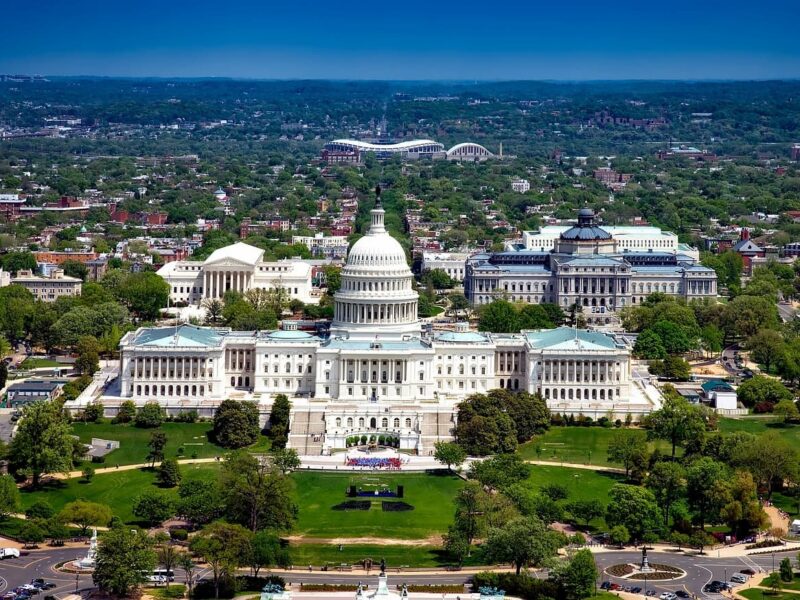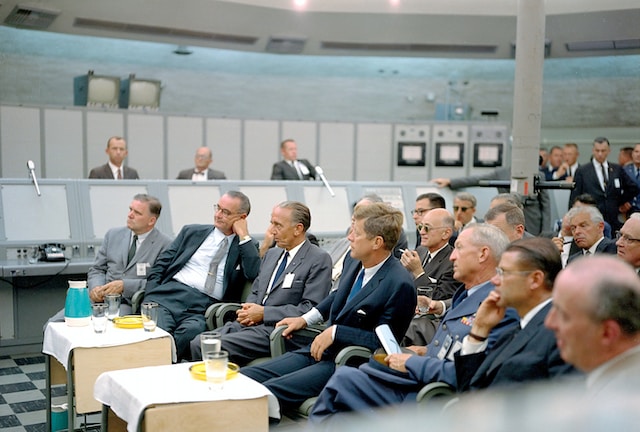Today, the United States is the only truly global power. Its military reach-by land, sea, or air-extends to any part of the globe. Its economic power fuels global trade and industry. Its political and cultural appeal-what Joseph Nye called “soft power”-is so great that most international institutions reflect American interests. America’s position in the world is unique – no other country in history has ever come close.
But is America’s high position sustainable? Militarily, the huge gap between the United States and everyone else is growing. While defense spending in most other countries is falling, U.S. defense spending is skyrocketing. This year’s increase in defense spending exceeds China’s entire defense budget. The most surprising thing is that America can afford to spend more. Defense spending is a smaller share of U.S. gross domestic product than it was a decade ago, and even the Bush administration’s projected increase would bring the total budget to only about 3.5 percent of GDP, about half the highest level of the Cold War.
Economically, the United States may not increase its advantage over its competitors, but it will not fall behind. The U.S. economy has proven to be at least as adept as its main competitors at achieving the productivity gains made possible by information technology. Europe and Japan face serious demographic challenges as their populations age rapidly, likely creating labor shortages and severe budgetary pressures.
This brings us to the question of how to turn this unquestioned power into influence. If America’s military and economic superiority is not used skillfully, it can cause resentment even among its friends. The growing perception that Washington only cares about its own interests and is willing to use its muscle to get its way has created an alarming gap between US and European attitudes. European elites are increasingly criticizing the United States as morally, socially, and culturally retrograde, especially as they perceive the death penalty, predatory capitalism, fast food, and mass entertainment.
The sustainability of American power ultimately depends on the extent to which others believe that it is used not only in the interests of the United States, but also in their interests. After the victory in World War II, the United States led the effort to create not only new security institutions, such as the UN and NATO, but also new regimes to promote economic recovery, development, and prosperity, such as the Marshall Plan, the Bretton Woods monetary system, and the General Agreement on Trade and Tariffs to promote free trade. These institutions and agreements preserved and expanded American power, but in ways that benefited all involved. The challenge for the United States is to do the same today.



